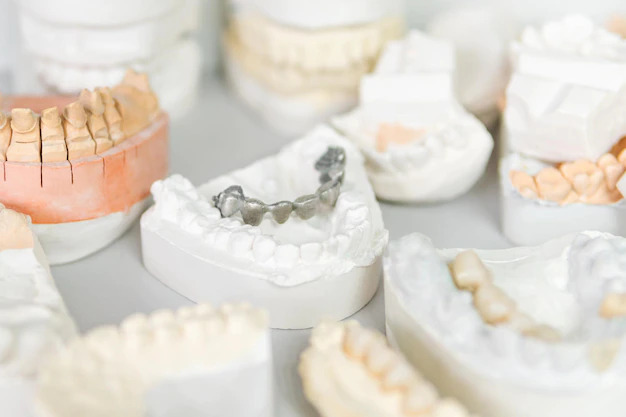- What is Full Mouth Restoration?
Full mouth restoration Pittsburgh PA, as the name suggests, entails reconstructing and/or replacing every tooth in a patient’s mouth. Full mouth reconstructions enhance the health, function, and appearance of the mouth by combining aesthetics with restorative dental technology.
Full mouth restoration treats dental problems throughout the entire mouth using restorative, neuromuscular, and aesthetic techniques. Your dental health will improve during the teeth restoration procedure, and you’ll likely feel better about the way your teeth look as well.
This operation may also involve rebuilding the structure of your gums, jaw, and teeth overall in addition to reconstructing your teeth.
When factors like oral cancer are present, many treatment options are available. In these particular situations, complete mouth reconstruction entails not only restoring lost teeth but also, maybe, missing tissues within the oral cavity.
- How dose Full Mouth Restoration Work?
Full mouth restoration Pittsburgh PA, neuromuscular, and cosmetic methods, whole mouth restoration addresses dental issues throughout the entire mouth. During the teeth restoration process, your oral health will improve, and you’ll probably feel better about the way the teeth appear as well.
In addition to repairing teeth, this procedure may also include rebuilding the gums, jaw, and general dental anatomy of the patient.
There are several therapy options accessible when conditions like oral cancer exist. In these specific cases, comprehensive mouth restoration requires replacing not only missing oral tissues but also missing teeth.
- Teeth
Requirement for prosthetics like bridges, inlays or onlays, full-coverage crowns, dental implants, or dentures depends on how much wear or damage you have sustained to your teeth. Cavities, rotting, cracks, teeth that are longer or shorter than the others, and out-of-alignment teeth are the determining variables for dental restoration that your dentist will take care of.
- Gum Tissue
Scaling and root planing are required to treat severe periodontal disease in the gum tissue, also known as periodontal tissue. Plaque below the gum line can be removed by the process of scaling. By smoothing the root, root planing enables the gum to reconnect to the tooth.
Treatments like bone or soft tissue grafting may be required for more serious cases with extensive gum recession.
- Occlusion
Before doing any further restorative procedure, a weak or unhealthy bite, or occlusion, must be fixed. When creating your restoration plan, your dentist must take bite changes into account.

